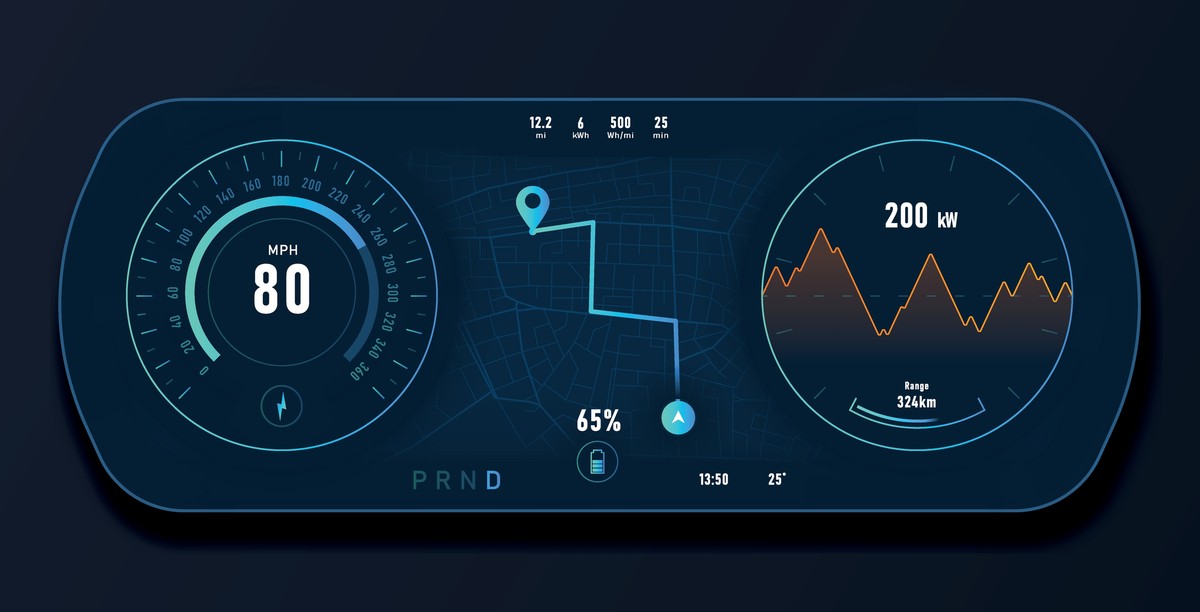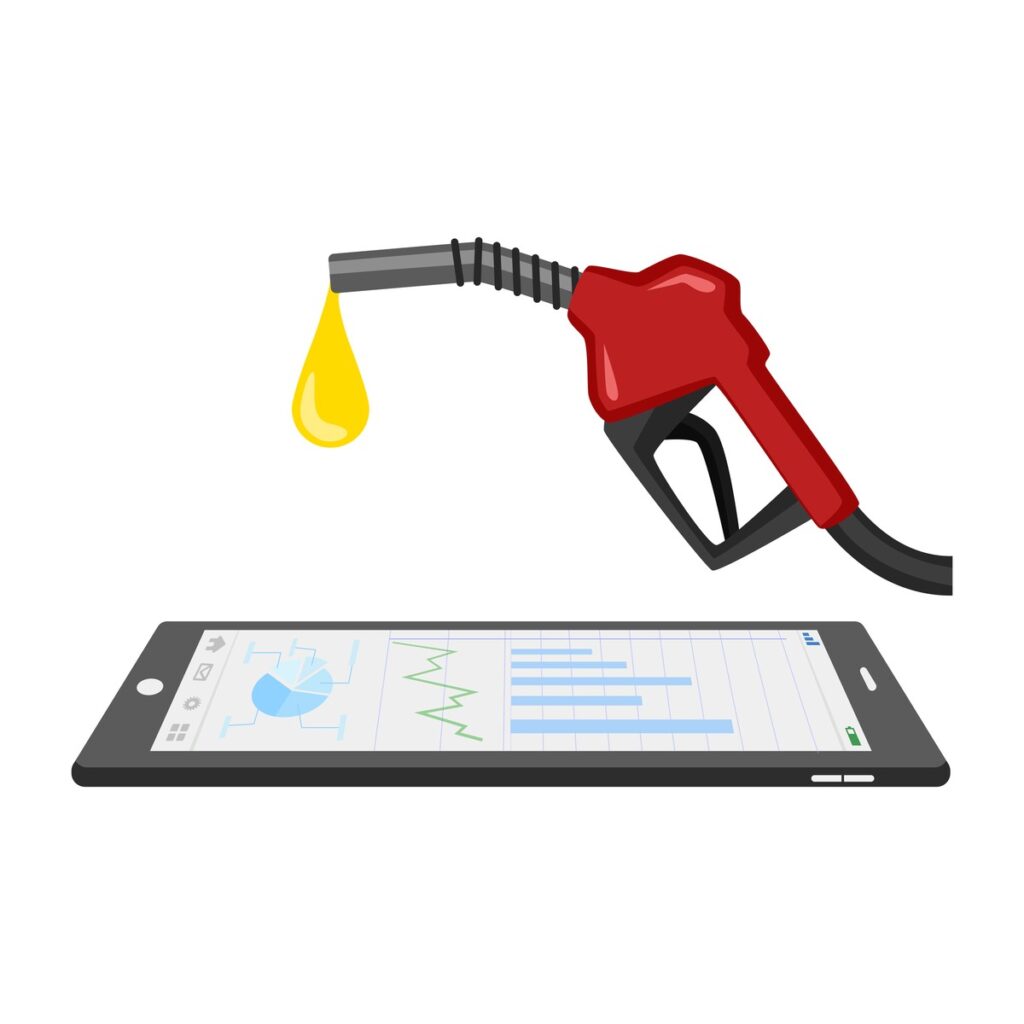
A fuel monitoring system is a technological solution designed to track and manage fuel consumption across various applications, particularly in fleet management. These systems provide invaluable insights into fuel usage, helping businesses enhance fuel efficiency, reduce costs, and improve overall operational efficiency. By leveraging advanced sensors and real-time data analysis, fuel monitoring systems offer precise tracking and management of fuel resources, making them essential tools for modern fleet operations.

Accurate Fuel Measurements
Accurate fuel measurements are crucial for the cost-effective and efficient operation of any fleet. Precise data on fuel consumption helps in identifying potential issues such as fuel theft, leaks, or inefficient driving habits. Fuel sensors, calibrated to high accuracy standards, ensure that the data collected is reliable. This precision allows businesses to make informed decisions, optimize fuel usage, and ultimately save on fuel costs. An accurate fuel monitoring system is a cornerstone of effective fuel management.
Real-Time Data Monitoring
Real-time data monitoring offers significant advantages for fleet management. With access to live tracking and instant updates on fuel levels and consumption, managers can make immediate, data-driven decisions. This capability helps in responding swiftly to any discrepancies, optimizing routes, and improving overall fuel efficiency. Telematics integrated with real-time fuel monitoring systems provides actionable insights that enhance the operational effectiveness of the fleet. Real-time data is invaluable for maintaining the smooth and efficient operation of vehicles.
System Compatibility with Different Vehicles and Systems
A robust fuel monitoring system must be compatible with a variety of vehicles and existing management systems. This adaptability ensures that the system can be integrated seamlessly into diverse fleet operations. Whether managing a fleet of trucks, buses, or mixed vehicles, the system should support multi-vehicle configurations and various fuel types. Compatibility with other telematics and management software is also crucial, enabling comprehensive data integration and smoother workflow processes. A versatile and integrative fuel monitoring system is essential for modern, dynamic fleet management.
User-Friendly Interface
The usability of a fuel monitoring system significantly impacts its effectiveness. A user-friendly interface ensures that all users, regardless of their technical expertise, can easily navigate and utilize the system. An intuitive dashboard with clear visuals and straightforward navigation simplifies the monitoring process, making it accessible to drivers, managers, and administrative staff alike. An easy-to-use system enhances the overall user experience, encouraging consistent usage and maximizing the benefits of the fuel monitoring system.
Robust Reporting Features
Comprehensive reporting and analytics capabilities are vital for optimizing fuel usage. Detailed reports and data visualization tools provide insights into fuel consumption patterns, helping to identify areas for improvement. Analytical features enable the tracking of performance metrics, comparison of fuel usage across different vehicles, and evaluation of the impact of implemented strategies. By leveraging robust reporting, businesses can make data-driven decisions to enhance fuel efficiency and reduce operational costs.
Alerts and Notifications
Alerts and notifications play a crucial role in proactive fuel management. These features provide real-time warnings about potential issues, such as sudden drops in fuel levels, deviations from expected consumption patterns, or maintenance needs. By setting thresholds and receiving timely alerts, managers can address problems before they escalate, ensuring smooth operations and preventing fuel wastage or theft. A well-configured alert system enhances the responsiveness and effectiveness of fuel management strategies.
Security Measures
Security is a critical aspect of fuel monitoring systems to prevent fuel theft and misuse. Advanced security measures, including encryption and access control, protect the integrity of fuel data. Secure systems ensure that only authorized personnel can access and manipulate fuel-related information. By implementing theft prevention features and robust data protection protocols, businesses can safeguard their fuel resources and maintain accurate, reliable records. A secure fuel monitoring system is essential for maintaining trust and integrity in fuel management practices.
Cost Efficiency
Investing in a fuel monitoring system offers significant long-term cost savings. By providing precise data on fuel consumption and enabling efficient management, these systems help reduce fuel wastage and lower operational costs. The return on investment (ROI) is evident through enhanced fuel efficiency, reduced fuel theft, and optimized vehicle maintenance schedules. Over time, the savings generated from using a fuel monitoring system far outweigh the initial investment, making it a cost-effective solution for modern fleet management.
